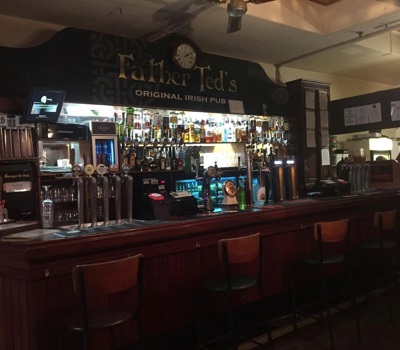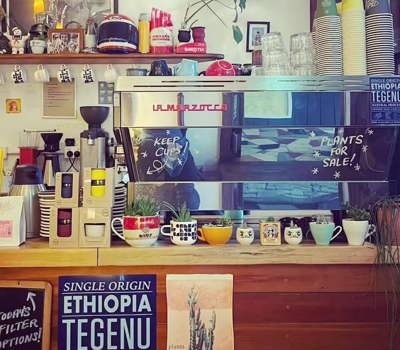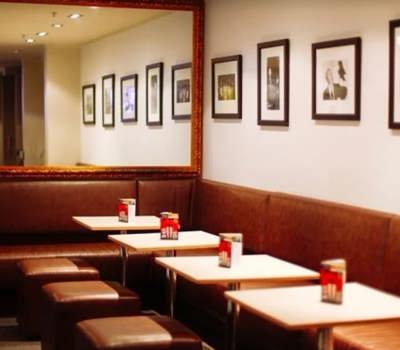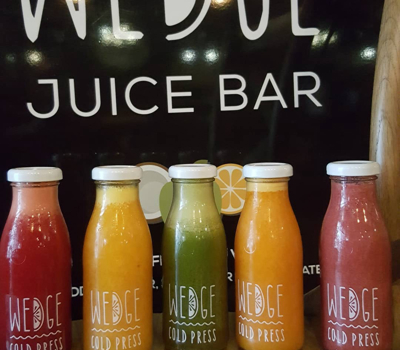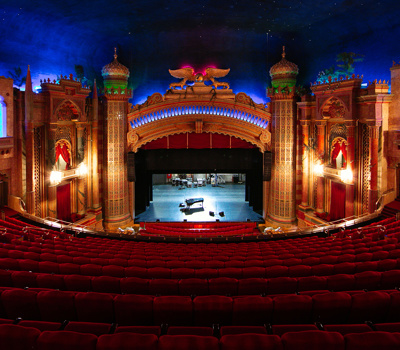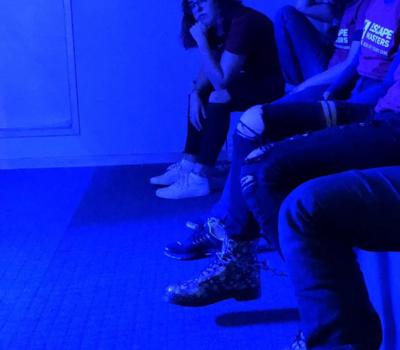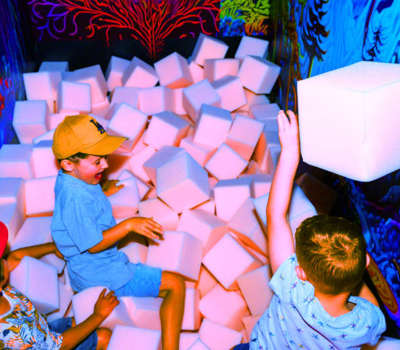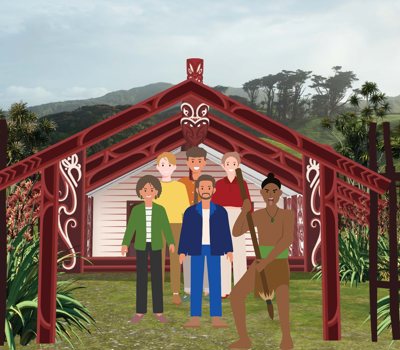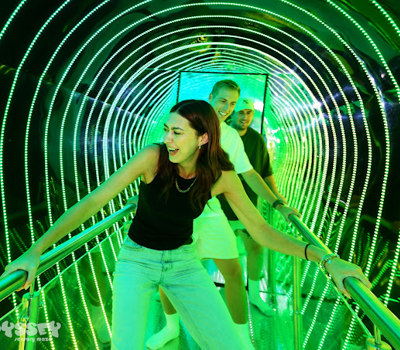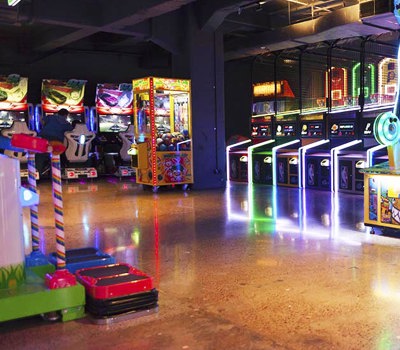-
Date Te rā me te wā
14-16 Aug
-
Location Te wāhi
The Civic and ASB Waterfront Theatre
The documentary takes you to the start of the band’s journey from its formation in 2010 by Henry De Jong and his brother Lewis, then just ten and eight years old respectively.
Director Kent Belcher began filming Alien Weaponry six years ago, when Henry and Lewis were teenagers, but includes footage filmed by their ever-supportive parents, Niel and Jette, dating back to the 2000s. We follow the band from their first performances at Smokefree Rockquest, to European metal festivals, through to their international headlining concerts, jam-packed with metalheads. These tours are littered with the occasional amusing brotherly spat, but also with random outbursts of “Tutira Mai Ngā Iwi”, joined by anyone who knows the words.
Although Alien Weaponry’s success is clearly huge, what is most impressive about them is their commitment to keeping te reo Māori and Māori culture alive. Their music is not only written and performed in te reo Māori, but also tells the story of the tangata whenua (people of the land), the band members’ ancestors, and denounces colonisation.
Everything Henry, Lewis and their most recent member, Tūranga, do champions te ao Māori in the most genuine and honest way. As they age throughout the filming, the tāne start to physically embrace their culture – never removing the taonga (treasure) around their necks and getting tāmoko on their legs and faces (traditional Māori tattoos).
One of the best things about Alien Weaponry: Kua Tupu Te Ara is that even though it hits the usual marks of a music documentary (touring, disputes, highs and lows), it doesn’t have an end. These young men are still rising, still growing a bigger and bigger audience, and still championing our indigenous culture to the world – and when you measure their audience, it’s clear that the world doesn’t want them to stop. — Huia Haupapa
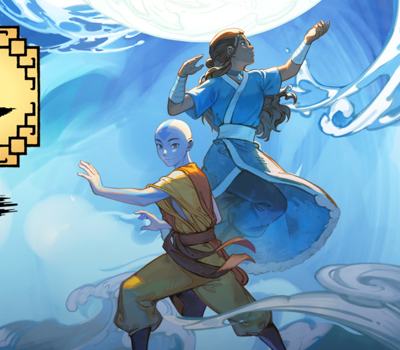

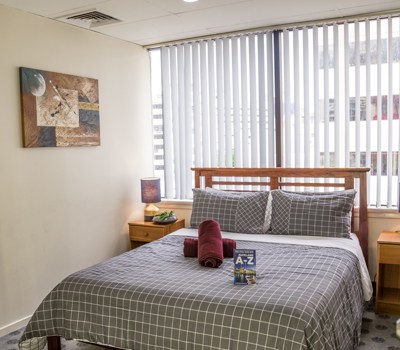
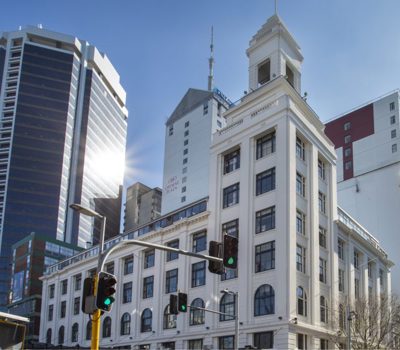
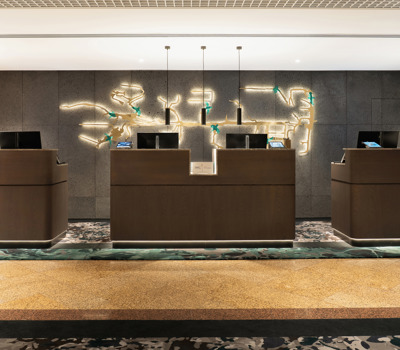
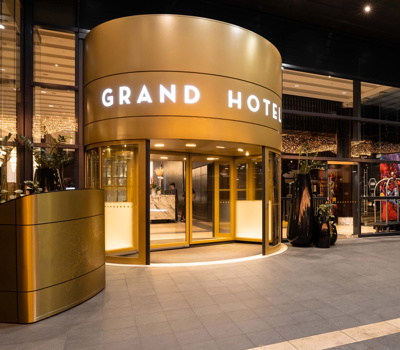
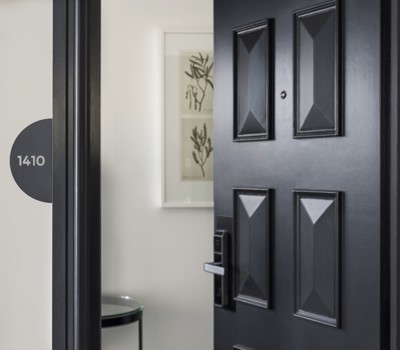
.jpg?ext=.jpg&crop=209,0,1462,1279&width=400&height=350)
